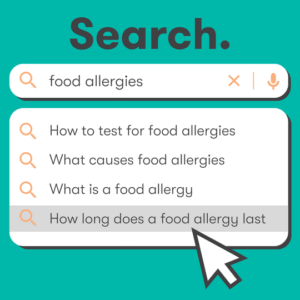
Fad diets may capture attention with their quick promises, but constantly shifting eating patterns without lasting results are often unsustainable. Personalized nutrition offers a promising alternative. Discover what it entails and how it can help you achieve and maintain better health.
The Limitations of Fad Diets
Fad diets attract followers by guaranteeing rapid results through straightforward guidelines. Whether it’s a meat-only regimen, total carb elimination, or a strict vegan approach, sticking to these trendy diets can prove difficult.
Restrictive eating can lead to nutritional imbalances and cravings, often pushing individuals back to their previous eating habits out of frustration.
Understanding Personalized Nutrition
Personalized nutrition takes a tailored approach to healthy eating. Individuals following precision nutrition customize their meals based on their health history and personal aspirations. This method reduces the risk of nutritional deficiencies and supports goals like weight loss or muscle development.
Consider creating a custom diet similar to a doctor prescribing medication. Healthcare providers assess a patient’s genetic factors, body size, and medical conditions before suggesting a treatment plan. A nutritionist creating a personalized meal plan will evaluate previous dietary struggles, current eating habits, and your lifestyle to identify what you truly need. Unlike trendy diets, personalized plans cater specifically to you.
Tips for Personalizing Your Nutrition
No matter your experiences with fad diets, reaching your health goals is achievable. Here are some strategies to tailor your meals and snacks to support your needs.
1. Consult Health Professionals
Custom diets should be based on informed decisions rather than guesswork. Engaging with healthcare professionals can help ensure your nutritional intake is aligned with your body’s needs.
Your doctor can advise on specific nutritional requirements based on your medical history. For instance, if you frequently fall ill, they might recommend increasing your vitamin A intake, guiding your grocery choices accordingly.
Consider visiting a nutritionist who will discuss your current diet, past successes, and key nutritional gaps to address. These experts can help craft personalized meal plans and grocery lists to simplify your dietary journey.
2. Align with Your Daily Routine
Your day-to-day schedule influences your eating habits. For example, a commercial truck driver won’t have the same meal preparation time as someone working from home. Develop a dietary plan that suits your lifestyle.
If you often find yourself eating fast food due to being on the go, explore healthier options at those restaurants. Cooking methods like baking, steaming, and grilling are preferable for retaining the nutritional quality of your meals compared to frying.
3. Consider Your Food Preferences
A meal plan centered around foods you dislike, such as a cabbage soup diet for someone who dislikes cabbage, isn’t practical. Your personalized plan should reflect what you enjoy eating. Think about:
- Allergies
- Food intolerances
- Preferred textures
- Flavor profiles
Also, remember to indulge in moderation. If completely avoiding desserts leads to cravings, allow yourself a reasonable serving each day.
Given that about 90% of American adults snack daily, having healthy, pre-portioned snacks can help you avoid overeating. A customized approach to your dietary preferences will encourage a sustainable eating routine.
Achieve Your Goals with a Balanced Diet
While fad diets may seem intriguing, your body deserves a thoughtful nutritional strategy that aligns with your health objectives. Discuss an individualized meal plan with a healthcare provider or nutritionist. By focusing on sustainable choices tailored to your needs, you can leave fad diets behind and foster habits that promote lasting wellness.








